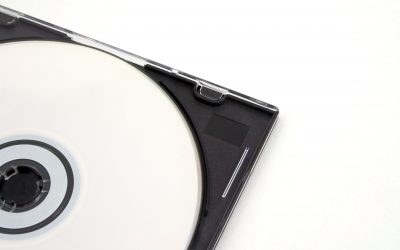Yes, 1%*. The purpose of your fun budget is to ensure you invest in a vibrant environment and culture in your small business. It forces you to think and act on the small things that your team will appreciate.
Note the word “invest”, that’s the third time I’ve mentioned it in these 54 words.
“We run our companies professionally and we make sure that everyone does their job to the highest standards. But the way we make sure is to see that people are having fun. Fun is not about acting stupid. It’s the feeling you get when you’re on top of things.”
Sir Richard Branson
This is important because it shows your team you care about them. Contrary to what many people believe, money is not the greatest motivator at work. It often ranks fifth or sixth in the motivating factors in most major employment surveys.
And it’s fiscally smart for you. The perceived value of non-monetary items is usually greater than the cost (i.e you get better bang-for-your-buck).
Anything you have left over in the budget at the end of the year either divvy up and give as a cash bonus as people head out the door for the Christmas break (be sure to still put this through payroll, obviously), or roll into the company-wide bonus pot.
We actually call the expenditure account in our accounting package “fun budget”. When a new accountant starts working with us we do get some odd looks, and have some extra explaining to do when the tax office comes in for a chat!
Here are some things you can invest (there’s that word again) your fun budget on:
- first or final Friday’s
- birthday cake on every team members’ birthday (everyone stops for 15-20 mins to celebrate, eat cake and relax a bit)
- a personalised gift when a team member reaches a milestone (e.g. is promoted, length of service, passes a qualification etc)
- the team Christmas lunch
- random acts of funness (in the pub, buying rounds for the team now-and-then; or send a small team out for lunch for some recent excellent work)
- spontaneous ‘thank you’s’ when a team member has put in an extra special effort around a client, project, deadline or the business in general.
Final tip: be sure to add the ‘fun budget’ to your induction checklist so when you orientate a new team member you explain to them what the fun budget is.
* If you are a products-based business, make 1% after cost of goods have been removed. If you have a mixture of products and services, again, remove the cost of the goods then take 1% of that.





0 Comments